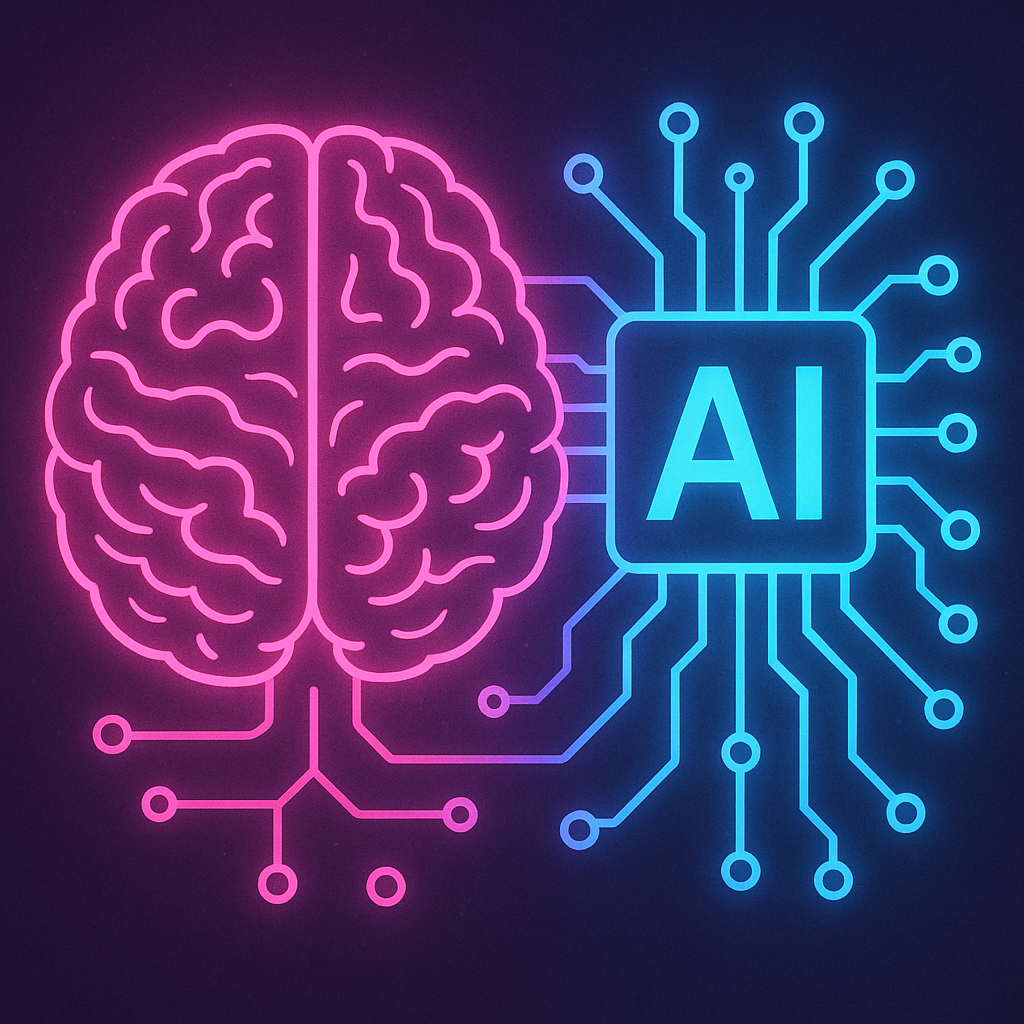Nature perfected the brain, we perfected the process
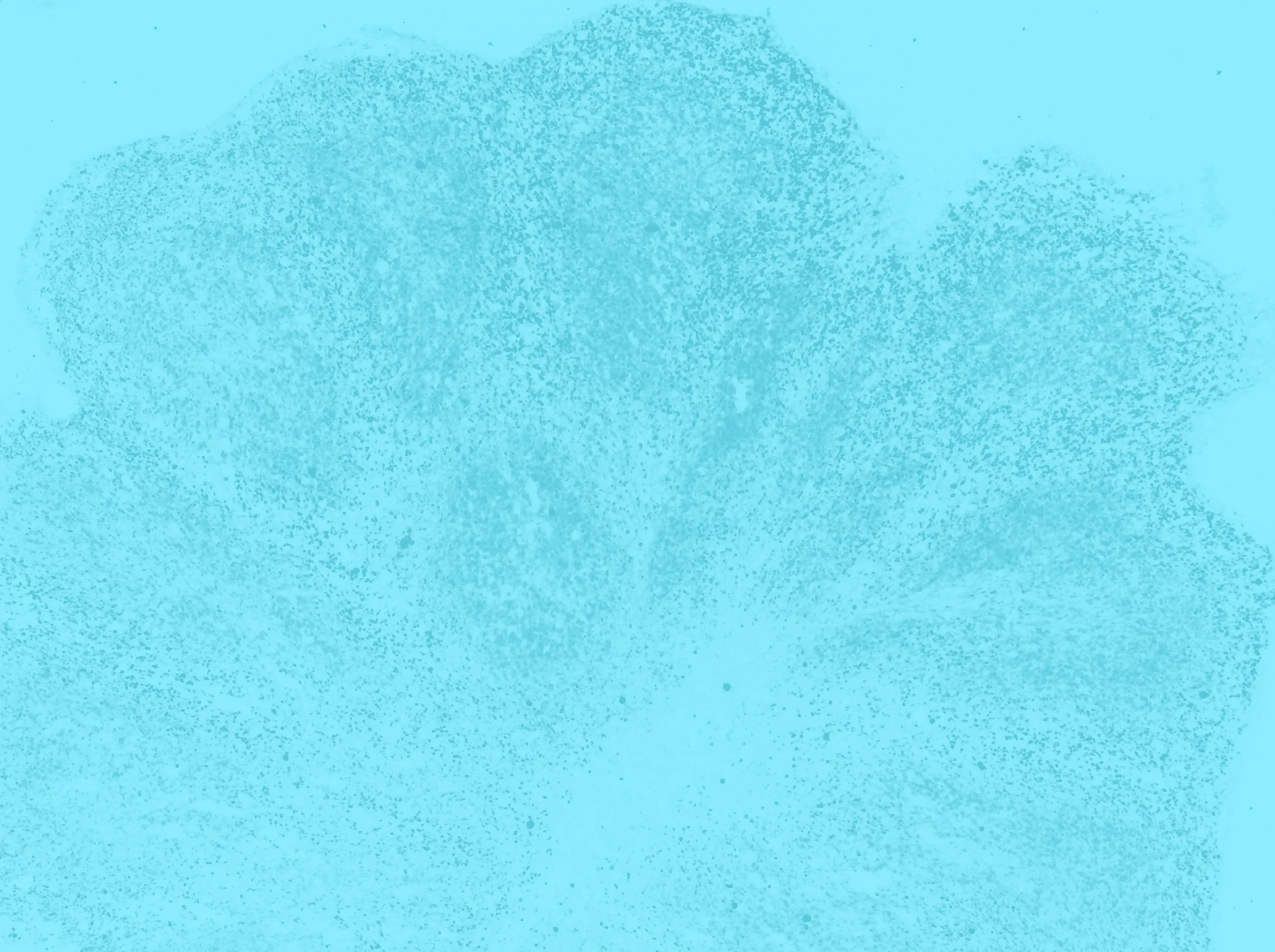
Organoid development
- Expert methodology, standardized five-month process
- Custom cell lines can be used for personalized model development
- Selected organoids are stacked on OPTIMA to create vertical neural connections with internal perfusion
- Large, mature and complex multi-region brain and CNS organoids
- Stored in biobank for on-demand use
Logistics
- Highly-effective cryopreservation
- Cold-chain distribution compatible
Investigations
- Start in a day: organoid revived in minutes with 90%+ viability recovery
- Compatible with standard assays
- Robustness due to engineered 3D hydrogel environment
- Plug-and-play perfusion for internal drug dosing
- Convenient access for data collection via open-air organoid interfaces—for example, as a biocomputing processor on MEA
- Organoid-tailored bioinformatics for data analysis
OPTIMATM: Solving the cold-chain challenge for 3D tissues
Widespread use and clinical translation of complex in vitro models requires reliable cryopreservation methods. We identified and rationalized the unique challenges associated with cryopreserving engineered organ-on-chip and organoid systems—complex structures that demand barrier-eliminating innovations in current engineering interface designs. This laid the foundation for the development of our novel OPTIMATM system, engineered specifically for large tissue models and compatibility with cold-chain logistics, enabling standardized cryo-storage and global cold-chain distribution of advanced 3D tissue models.
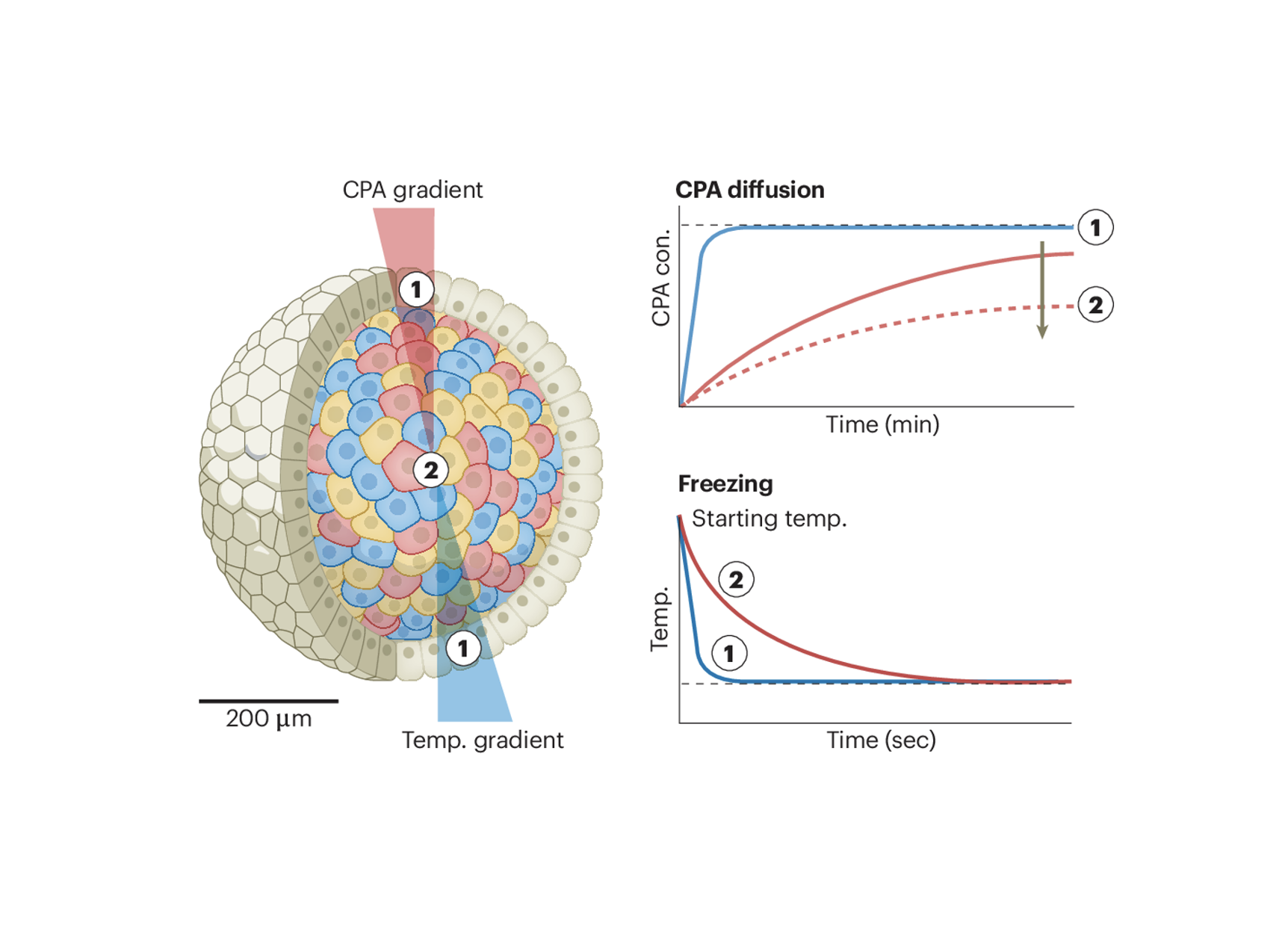
Biomanufacturing to transform healthcare
Led by CTO Prof. Shery Huang, our sustainable biofabrication expertise is transforming next-generation healthcare. Replicam's low-cost, multi-functional 3D printing technology enables the biomanufacturing of multi-compartmental cancer models, laying the foundation for our highly sustainable fabrication and drug screening applications.
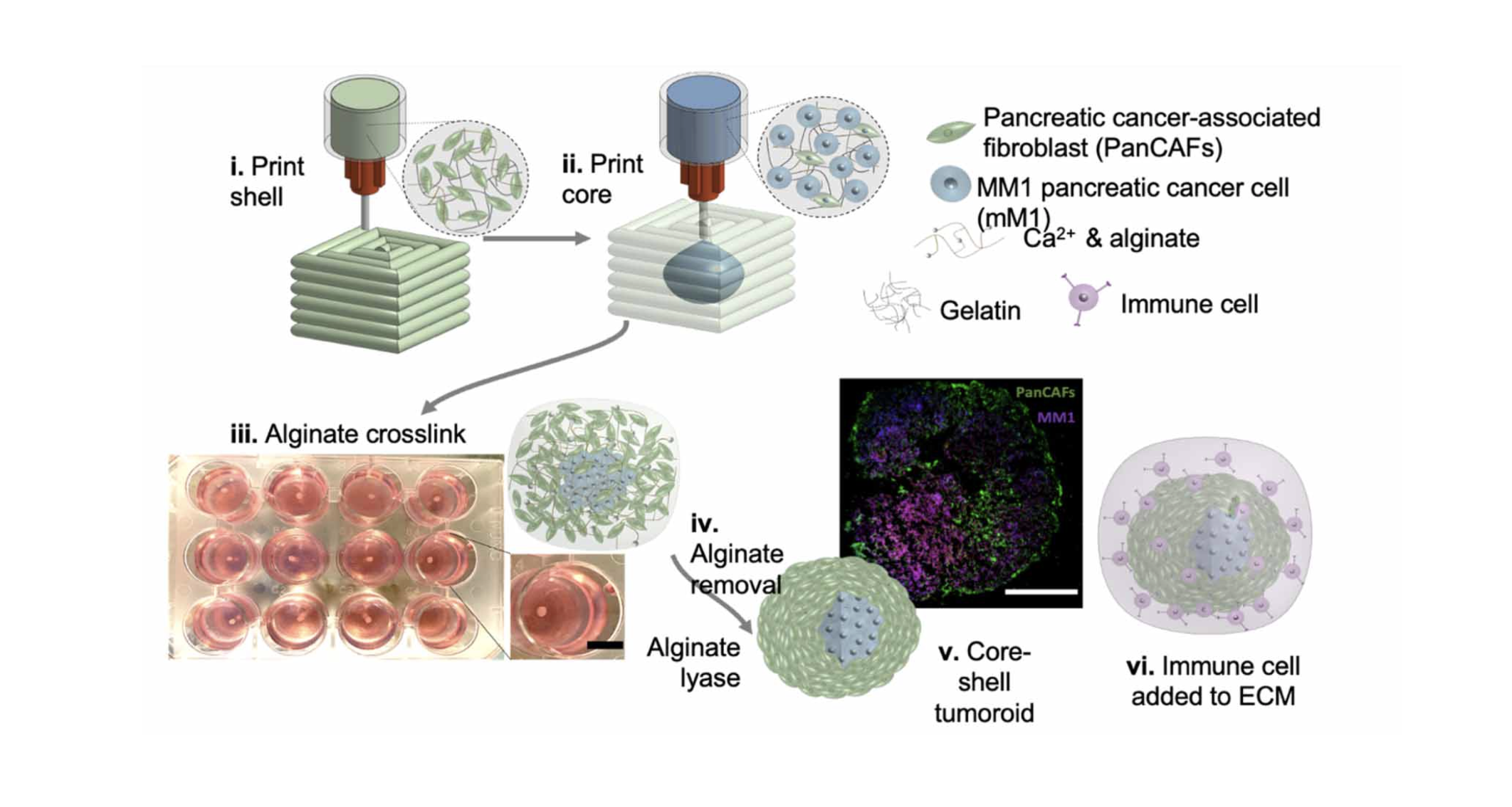
Where Biotech Meets Industry 5.0
Replicam stands at the transition from AI and machine-driven Industry 4.0 to human-centered Industry 5.0, where personalization, sustainability, and real-world healthcare impact are central to bio-design and biomanufacturing. Led by Prof. Shery Huang (CTO, Replicam), the recent study mapped key biomanufacturing advances across the UK and Ireland—including 3D printing, tissue engineering, and directed in vitro model assembly—that have the potential to transform healthcare. Aligned with this study, at Replicam, we develop innovative healthcare solutions with a focus on sustainability and accessibility, to enable widespread healthcare benefits.
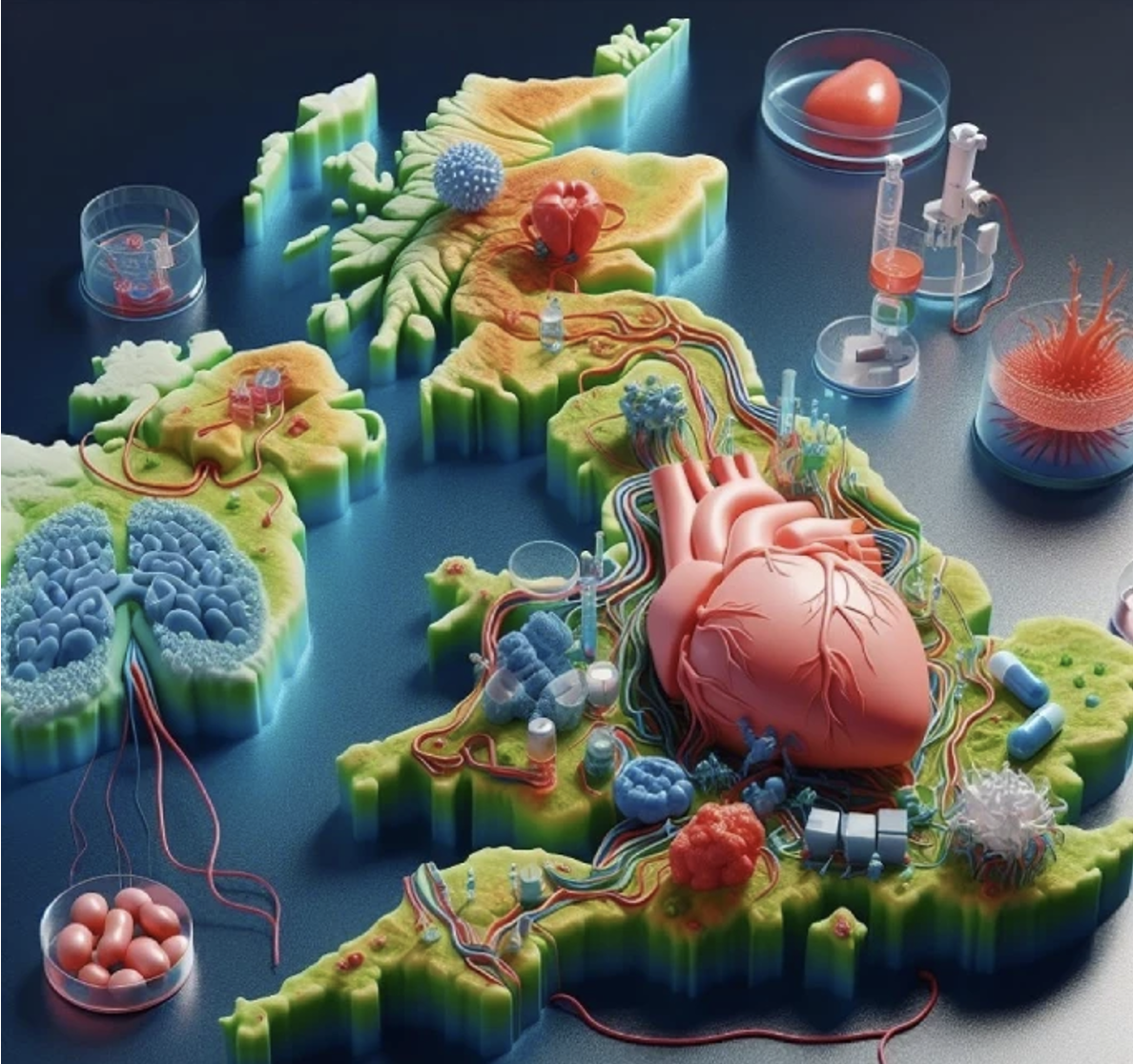
Letting organoids do what they do best
Assembling organoids into larger, functional, in-vivo like structures without disrupting their natural development is a key challenge in tissue engineering. The development of Multi-Organoid Patterning and Fusion (MOrPF) technique led by Prof Shery Huang (CTO, Replicam) provides a solution to this by providing spatial guidance that supports self-organization rather than overriding it. By arranging airway organoids into defined patterns and culturing them in a matrix-free, floating environment, MOrPF enables them to naturally fuse, align, and form continuous lumens— without the need for scaffolds. As demonstrated in this approach —which balances human guidance with self-organized autonomy—Replicam eliminates unnecessary physical barriers in engineered systems, creating imperceptible tissue interfaces, OPTIMATM. OPTIMATM is designed to support the natural development of self-assembling organoids, guiding their fusion into large-scale models while minimizing interference with inherent biological processes.
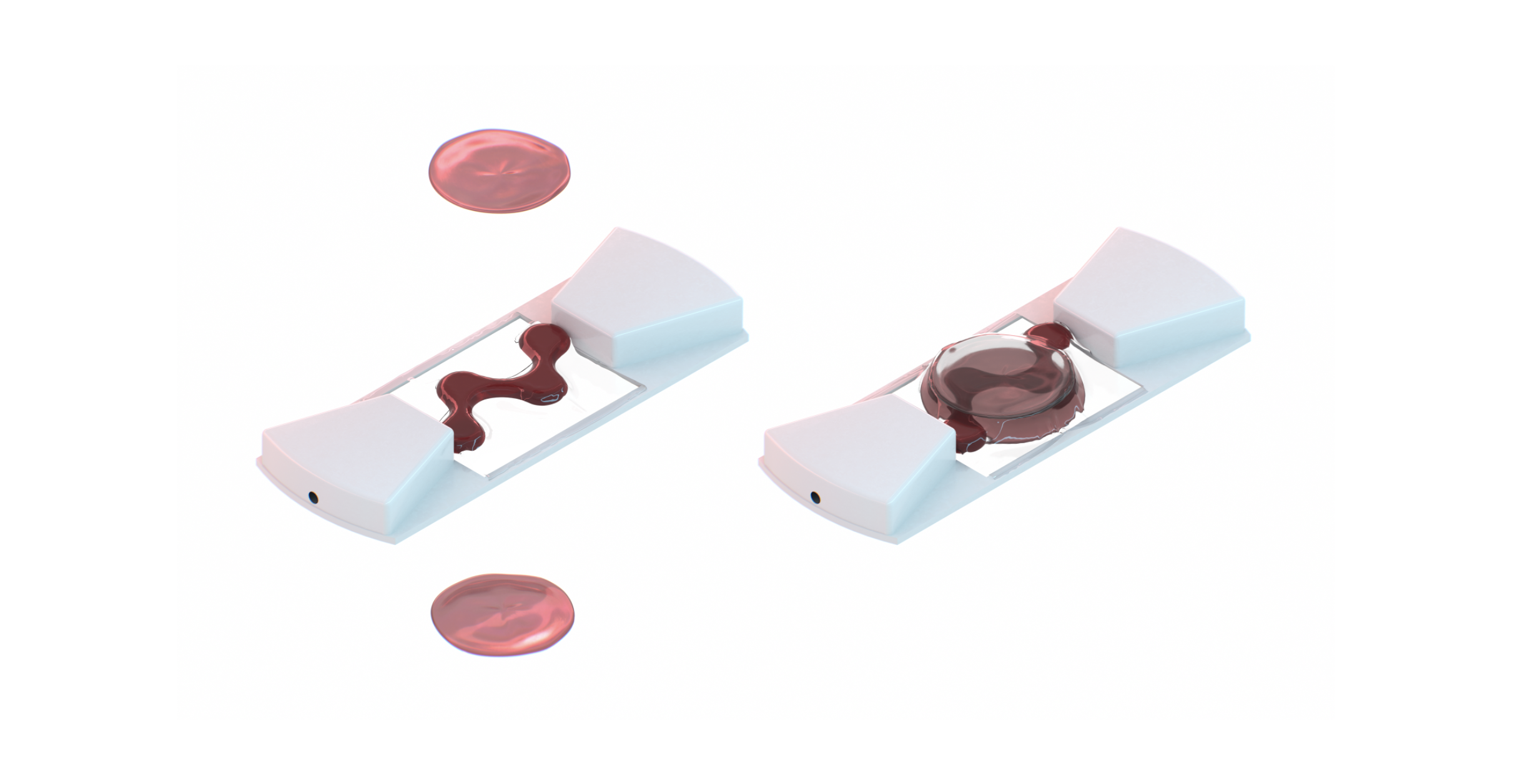
Bridging AI and brain organoids
Pioneering the integration of AI and brain organoids requires deep expertise across biology and computation areas. Our CEO, Dr. Krisztian Flautner, with 25+ years contributions in computer science, brings proven capabilities in high-performance computing , AI & machine learning. Leveraging these strengths, we pursue high-performing medical AI based on the clean data we got from Brain-OPTIMATM. This unique integration of AI and biology enables the effective AI-driven understanding of organoids, accelerating drug discovery and advancing personalized medicine through data-driven predictions.
